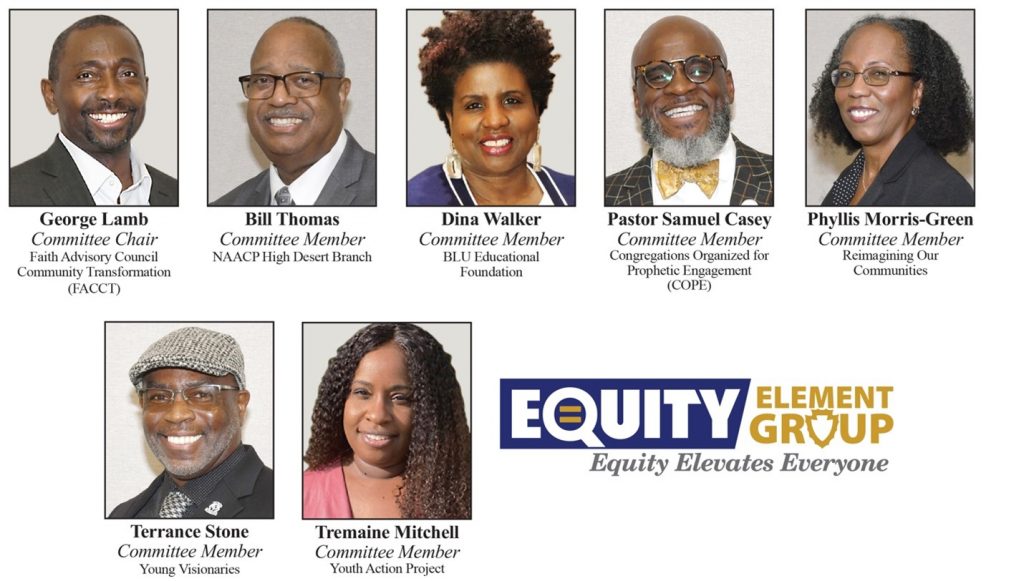Conscious Reflection: Black Caucus Observes MLK Day Amid California Firestorms
By Antonio Ray Harvey | California Black Media
Amid the damage and despair caused by firestorms in the Los Angeles area, the California Legislative Black Caucus (CLBC) held its annual Dr. Martin Luther King, Jr. Breakfast in Sacramento on his birthday, Jan. 15.
All 12 members of the CLBC attended the event, including six Black lawmakers from the Los Angeles region who expressed their deep concerns about constituents displaced or impacted by the fires.
Vice-chair of the CLBC Assemblymember Issac Bryan (D-Ladera Heights) shared with the diverse crowd attending the breakfast that he and Chair, Sen. Akilah Weber-Pierson (D-La Mesa), received numerous messages inquiring whether the event would be called off because of the fires.
Bryan said it was important to move forward with the celebration considering the disaster’s aftermath and the transfer of presidential transition happening in Washington on Jan. 20.
“Hell no, we are not canceling the breakfast,” Bryan said he told callers. “We need to think about the legacy and impact of Martin Luther King, Jr., more than ever. In fact, he would be ashamed if we canceled this breakfast a week before (Donald) Trump takes office.”
The event was held at the Elk’s Tower three blocks north of the State Capitol under the theme, “Black Power, Progress, and Purpose.” Martin Luther King would have turned 96 on the day of the event.
It marked the first time that all CLBC members were in the same room since the 2025-2026 legislative session began in December.
The CLBC holds the event each year to honor the legacy of Dr. King and the celebrate the Caucus’ commitment to service in Black communities across the state.
Speakers included California Secretary of State Shirley Weber and Attorney General Rob Bonta.
Black California constitutional officers — State Controller Malia Cohen and State Superintendent of Public Instruction Tony Thurmond — also attended the event.
“This annual gathering is not only a time for reflections but also a time for renewal (and) a moment to recommit to the values that Dr. King fought and gave his life for,” Weber-Pierson said during her remarks.
The keynote speaker was Lurie Daniel-Favors, who serves as Executive Director at the Center for Law and Social Justice (CLSJ) at Medgar Evers College in New York. The CLSJ is a community-based legal organization that specializes in addressing racial injustice.
Daniel-Favors reflected on a time in recent history that she the Black community could “explicitly, proactively, and unabashedly” advocate for racial equality. She said that freedom is now threatened.
Conservative ideas like those contained in Project 2025 and anti-DEI activism are now the status quo, Daniel-Favors lamented.
She believes that the push back against equity policies is a way to say, “No, we will not absolutely consider what qualifications you have. This position by default is not for you.”
“The only reason we needed diversity, equity, and inclusion, and Affirmative Action programs as policy is because we needed a way to disrupt the flow of power which, up until that time, reserved all opportunity access resources to White Americans, regardless of metrics, qualifications and merit,” she said.
“Now we are in a time and place where the whole world has shifted and the Supreme Court has stepped in and we are returning to what I like to call the ‘Jim Crow’ era of jurisprudence when it comes to Civil Rights, social justice, and advancing equity for the nation,” Daniel-Favors added.
The breakfast celebration featured a drum dance performance by David Bowman and Company, the singing of the Black National Anthem “Lift Ev’ry Voice and Sing” by Olevia Wilson, and additional musical selections by Huie Lovelady and a community choir.
“Many don’t realize the fact that the (CLBC) caucus was the first ethnic caucus in the nation. Eventually, other caucuses were formed,” Secretary of State Weber reminded the guests. “We are proud of the fact that this caucus has been in existence for over 55 years and has served and served well during the hard times in between.”
 Westside Story Newspaper – Online The News of The Empire – Sharing the Quest for Excellence
Westside Story Newspaper – Online The News of The Empire – Sharing the Quest for Excellence

